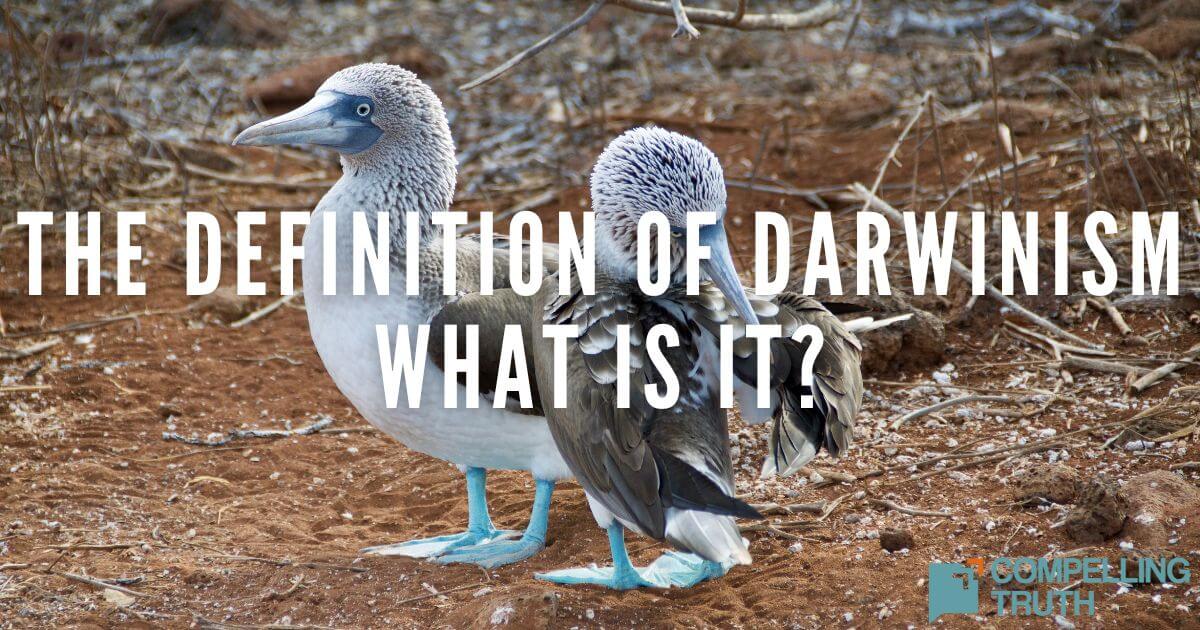what does the bible say?
From a biblical perspective, microevolution is consistent with the account of creation in Genesis 1, where God commands animals to multiply according to their kinds. Microevolution refers to the observable changes within a species, such as genetic variation and adaptation, and does not require the creation of new genetic material (Genesis 1:24–25). However, macroevolution, which suggests that one species can evolve into another over millions of years, contradicts the biblical teaching of God creating distinct kinds of living creatures. The Bible emphasizes that creation was complete and intentional, with each species made according to its kind (Genesis 1:21).




